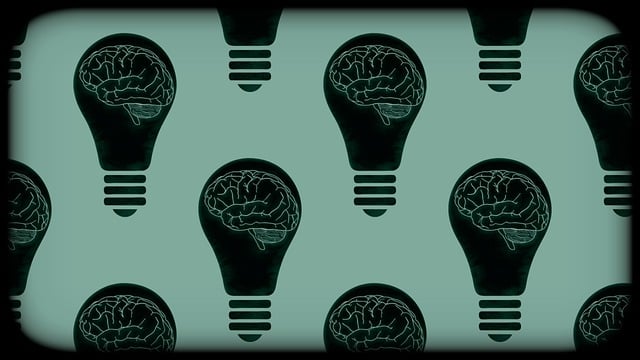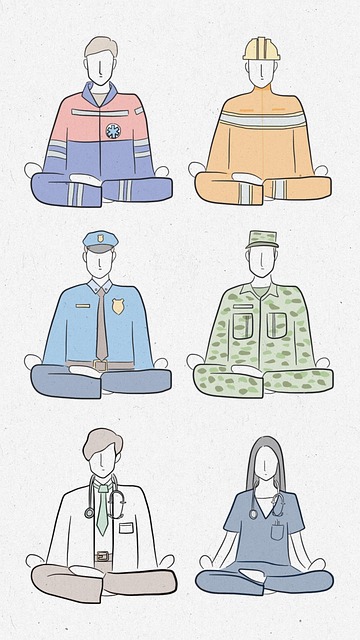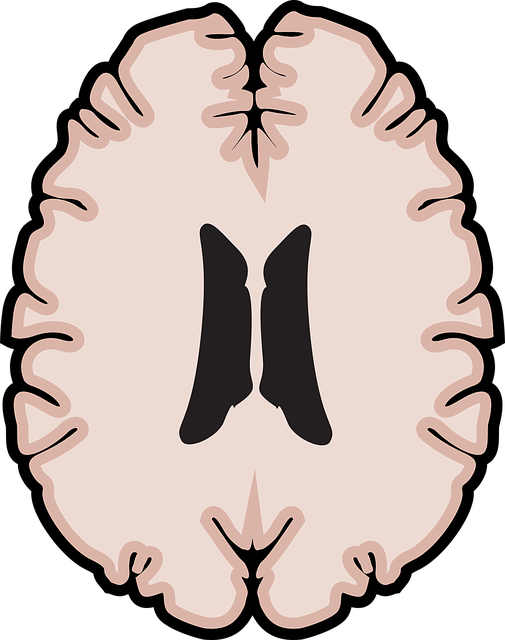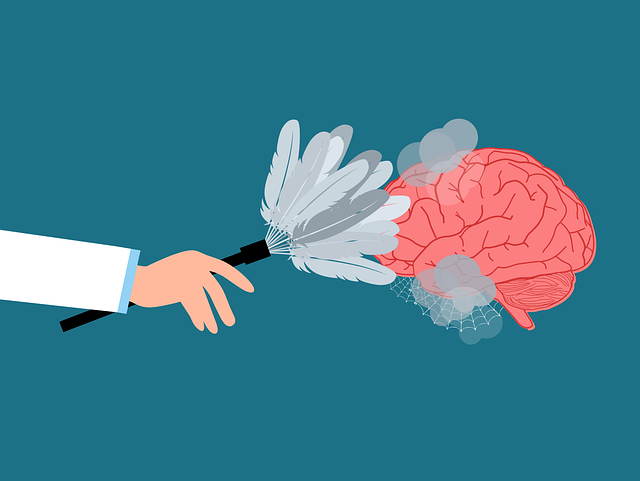Greenwood Village prioritizes mental health crisis intervention through evidence-based Cognitive Behavioral Therapy (CBT), addressing negative thought patterns and behaviors. CBT equips individuals with effective coping strategies, enhances communication skills, and builds resilience. Mental health education programs promote early intervention and open conversations about wellness, fostering a supportive community environment. After a crisis, Greenwood Village offers tailored CBT strategies, cultural sensitivity, and mental wellness coaching for comprehensive healing and lasting positive outcomes.
In times of crisis, effective intervention strategies are paramount. This article explores crisis intervention guidance from the perspective of Greenwood Village, offering insights into various approaches to navigate mental health emergencies. We delve into the power of Cognitive Behavioral Therapy (CBT) techniques for managing crises, highlighting their efficacy in shaping positive outcomes. Additionally, we scrutinize essential communication strategies and post-crisis support systems, emphasizing a comprehensive recovery approach. Discover how these methods, grounded in Greenwood Village’s expertise, enhance crisis intervention effectiveness.
- Understanding Crisis Intervention: A Greenwood Village Perspective
- Cognitive Behavioral Therapy (CBT) Techniques for Crisis Management
- Effective Communication Strategies During a Mental Health Crisis
- Post-Crisis Support and Recovery: A Comprehensive Approach
Understanding Crisis Intervention: A Greenwood Village Perspective

In Greenwood Village, crisis intervention strategies are approached with a focus on cognitive behavioral therapy (CBT), a highly effective method for addressing mental health crises and fostering resilience. This therapeutic approach aims to help individuals identify and change negative thought patterns and behaviors contributing to distress. By utilizing CBT techniques, crisis counselors in our community empower people to develop practical coping strategies and enhance their overall mental wellness.
The design of mental health education programs in Greenwood Village plays a pivotal role in promoting early intervention and building resilience. These programs educate community members on recognizing signs of mental health struggles, encouraging open conversations about mental wellness, and providing tools to respond effectively during a crisis. Through these initiatives, the village fosters an environment where individuals feel supported and equipped to navigate challenging situations, ultimately reducing the impact of crises and enhancing overall community well-being.
Cognitive Behavioral Therapy (CBT) Techniques for Crisis Management

In moments of crisis, Greenwood Village Cognitive Behavioral Therapy (CBT) offers potent tools for managing and overcoming intense emotional states. CBT focuses on identifying and changing negative thought patterns and behaviors that can escalate a situation. By employing techniques like cognitive restructuring, individuals learn to challenge distorted thinking and replace it with more realistic, balanced perspectives. This process empowers them to make better decisions during stressful events, enhancing their problem-solving abilities.
Moreover, CBT incorporates effective communication strategies and emotional intelligence development to navigate crises smoothly. It encourages active listening, assertiveness, and empathy, which are crucial for resolving conflicts and fostering understanding. Through these means, Greenwood Village CBT equips individuals with the skills to regulate moods, communicate effectively, and build resilience against future challenges, ensuring better mental health outcomes.
Effective Communication Strategies During a Mental Health Crisis

During a mental health crisis, effective communication is key to providing quality crisis intervention guidance. The approach should be tailored to the individual’s unique needs and experiences, focusing on active listening and clear, non-judgmental language. Greenwood Village Cognitive Behavioral Therapy (CBT) emphasizes this as a foundational step in its therapy practices. By creating a safe and supportive space, therapists encourage clients to express their feelings openly, allowing for better understanding and more effective support.
Empathy building strategies play a pivotal role in fostering trust and connection during crises. Therapists can help individuals feel seen and heard by reflecting back their emotions and validating their experiences. This not only aids in emotional well-being promotion techniques but also facilitates the resolution of acute distress. Crisis intervention guidance should thus prioritize open, empathetic communication to effectively address mental health challenges.
Post-Crisis Support and Recovery: A Comprehensive Approach

After a crisis passes, the work of healing and recovery begins. This stage is as crucial as the intervention itself. A comprehensive approach to post-crisis support involves not just addressing immediate needs but also fostering long-term mental wellness. Greenwood Village Cognitive Behavioral Therapy (CBT) offers evidence-based strategies tailored to individual needs, focusing on challenging negative thought patterns and behaviors that may have contributed to or exacerbated the crisis.
The process incorporates Mental Wellness Coaching Programs designed to empower individuals with skills for emotional regulation, stress management, and resilience building. Cultural Sensitivity in Mental Healthcare Practice is a core component, ensuring that support respects and integrates cultural beliefs and values. By combining these elements, Greenwood Village CBT promotes recovery and equips individuals with the tools to thrive, upholding Mind Over Matter Principles by demonstrating that thoughts and behaviors can be changed for lasting positive outcomes.
In the context of crisis intervention, as exemplified by Greenwood Village’s approach, integrating Cognitive Behavioral Therapy (CBT) techniques and effective communication strategies is paramount. These tools empower professionals to manage mental health crises proactively and holistically. By combining evidence-based CBT with empathetic communication, support systems can offer comprehensive post-crisis care, fostering recovery and resilience among those facing challenging situations. Adopting these strategies ensures a more effective and nurturing response to crisis intervention.











